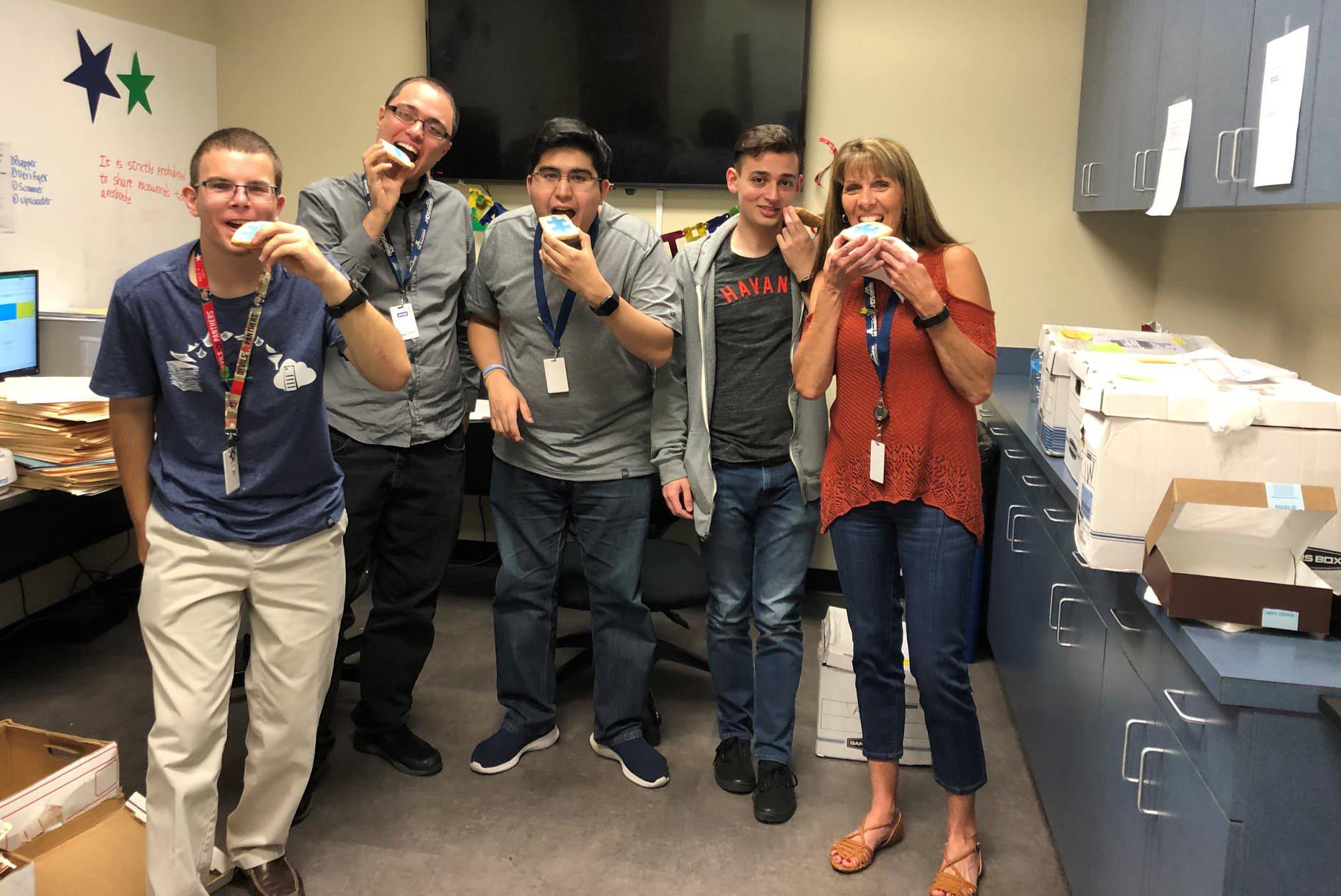
What is Autism Spectrum Disorder?
Autism Spectrum Disorder (ASD) is a developmental disability that can cause significant social, communication, and behavioral challenges. Although people with ASD don’t look physically different, they may communicate, interact, behave, and learn in ways that are different from others. The learning, thinking, and problem-solving skills of people with ASD can range from gifted to low functioning. Some people with ASD need varying degrees of help in their daily lives; others can live fully independent lives.
According to the Centers for Disease Control, Autism affects an estimated 1 in 59 children in the United States today.
Early Screening
The American Academy of Pediatrics recommends that children be screened for ASD as early as 18 to 24 months. Screening doesn’t diagnose Autism, but flags behaviors associated with the disorder. According to Federal law, if the screening identifies developmental delays or learning challenges, then parents don’t need to wait for a diagnosis for their child to receive services. Research shows that early intervention may lead to positive outcomes later in life for people with ASD.
The Transition FROM ADOLESCENCE to ADULTHOOD
The transition from adolescence to adulthood (ages 18-25) is usually associated with becoming a full participant in the social, civic, and economic life community in which we live. However, because of the lack of resources and supports devoted to this phase of their life, the transition to adulthood remains a significant challenge for teens and young adults with Autism Spectrum Disorder.
The Individuals with Disabilities Education Act (IDEA) requires public schools to create an Intellectual Educational Plan(IEP) and provide services to students with disabilities. The IEP does not apply after a student graduates from high school, and therefore special accommodations will cease. Students will then fall under the Americans with Disabilities Act and Section 504 of the Rehabilitation Act. When students apply to college, they must self-identify as a person with a disability and be an advocate for themselves to determine what accommodations they need to help them be successful. The Summary of Performance is a document that must be provided to students with disabilities when they leave high school. Colleges will require additional materials, and many will require a recent evaluation. To make sure these accommodations are in place before beginning classes, students should contact the disability services office at the technical center, college, or university they want to attend as far in advance as possible. Find contact information for disability services providers on the Florida State University System page. https://www.flbog.edu/universities/admissions-transfers/students-with-disabilities/
The 2020 United Nations observance of the World Autism Awareness Day draws attention to issues of concern related to the transition from adolescence to adulthood, such as the importance of participation in youth culture and the community, self-determination, and decision-making, access to post-secondary education and employment, and independent living.
HDS Foundation Resources for Transitions
The HDS Foundation, Inc. is a 501 (C)(3) Non-Profit Organization founded to provide mentoring services and opportunities to Teens and Young Adults who have Autism-related disabilities. The primary focus of the Organization is to promote the development of work and daily living skills, build socio-educational transitional experiences via specific school-based partnerships, and support the post-secondary journeys for this growing population. Bridging the gap that can support the diverse abilities of young adults and facilitating college-level and other post-secondary education will strengthen this population’s chances for meaningful, long-term employment and self-sufficiency. Teens and young adults can be better prepared to meet these demands when they are addressed utilizing a spectrum of solutions. The HDS Foundation supports and partners with various community-based groups, aiming to enrich the lives of this special population by providing an array of social opportunities. These are designed to further develop personal growth and independence. The HDS Foundation is poised to help educate and provide information related to available, safe and affordable housing options, that can further the possibilities of attaining independent or semi-independent housing. This will be done via Private, Federal, State and Community-based programs and assistance.
- HDS B.R.I.D.G.E.S. PROGRAM
- HDS College Mentors Program
- ASDY-TECH Employment Training and Mentoring Program
- Social Activities Program
For more information, please contact Liz Falk, Program Manager at liz@hdsfoundation.org.
